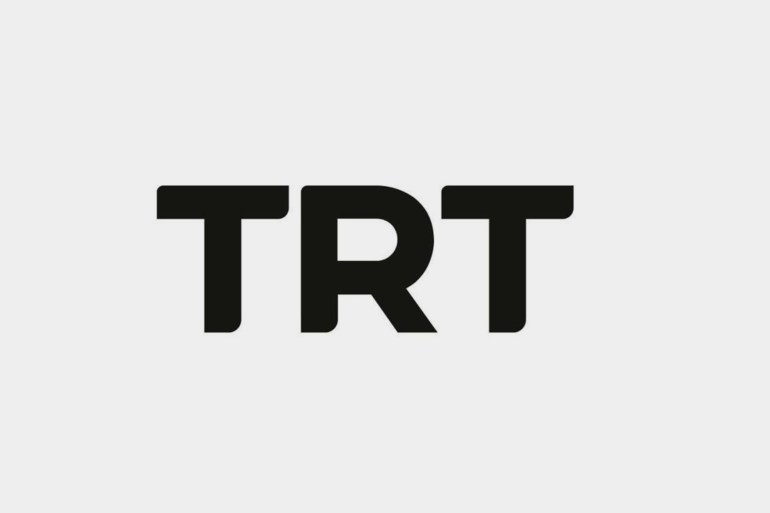ANKARA
- The Turkish State Radio and Television Network (TRT) plans to launch an alternative platform for Netflix in 2023, in order to enhance its international standing and invest in the popularity of Turkish drama in recent years.
The recent period has witnessed an increase in the severity of the differences between the management of Netflix - the largest television and cinema platforms in the world - and Ankara due to the government's desire to impose censorship on some of the platform's programs.
"The creation of a platform for investment in films and games is underway," TRT Director General Mehmet Zahid Sobaji said at the International Forum for Young Callers organized by the Communications Department of the Presidency of the Republic of Turkey.
In his speech at the forum, Sobaji stressed that "misinformation is not passed through only one news medium," noting that documentaries, animations and mobile applications produced at the scale of companies and individuals can also be elements of disinformation, and stated that the global economic and political system that has dominated since Half a century is going through a crisis, and it strives to manage the perception of the international public in order to "cover up, normalize and legitimize these crises."
Sobaji explained that people in the digital age "deal with a huge flow of information, and as a result become dependent on it," noting that the need for accurate information is increasing day by day, "so we will build an alternative international digital platform for Netflix."
TRT logo (social networking sites)
The Turkish (TRT) network was established in 1964, and has expanded to be an international network since 2016 when it launched its service in English, Arabic and Russian.
The Ankara-based network has 5 different international platforms in Arabic, English, Russian, German and French.
Turkish speaking audience
Bassam Shehadat, director of 2P digital marketing in Istanbul, said that the global movie rental platforms are working on local, not just global targeting.
Shehadat told Al Jazeera Net, "If the first target of the Turkish platform is the Turkish audience, it will achieve great success, especially since the Turks do not prefer international drama, and we rarely see Turkish channels showing subtitled or dubbed films, and Turkish cinema production is abundant."
He pointed out that Turkish drama is spreading in the Turkish republics, where the number of Turkish speakers is about 300 million, and is popular in the Arab world and other regions of the world;
Therefore, it will achieve success and acceptance with the audience, and pointed out that the international production houses will cooperate with the Turkish platform and will present its works and films to it because its goal is to sell, trade and invest.
The results of an opinion poll showed that those who follow Turkish films and series around the world are more likely to visit Turkey for tourism, compared to people who have not watched these works of art.
The opinion poll, which was conducted in 8 countries with a total population of more than two billion people, showed the role of Turkish films and series shown on “Netflix” in encouraging its viewers to visit Turkey. This is according to a statement issued by the Netflix platform.
values and identity
For his part, Turkish art critic Arsen Cevik attributed his country's endeavor to launch this platform to its desire to limit the influence of Netflix on the minds and thinking of young Turks, especially since Netflix in recent years has become a drama that addresses issues that are not appropriate for the Turkish audience, and this affects nationalism and identity. Turkish values and connects young people with the West more.
Jifek told Al Jazeera Net, "Our country is the second in the world in exporting drama and we have a large audience in Latin America and the Arab world, so we are preparing the idea of building an international platform as a creative idea, and an opportunity to present our own content of conservative historical works such as the series of the Resurrection of Ertugrul and the Barbaros brothers and other works that have achieved success." and a great international reach.
The Turkish art critic added, "Netflix is broadcasting to our youth a Turkish-produced drama that violates our values, such as promoting homosexuality in the movie Love 101, which the Turkish censors demanded to stop showing, and it is not a condition that the project profit as much as it enhances tourism revenues and passes our ideas and messages."
He stressed that the expected date of launching the platform during 2023 is sufficient operationally and technically, but the issue of the amount of content and the value of subscriptions remains unresolved until now.
And there was a Turkish attempt in this regard in 2020, as the businessman and owner of the largest Turkish media company, Agun Aligli, announced the start of preparations to launch a competing platform for Netflix under the name “Exxen”, but it did not see the light.
fee increase
Starting on March 4, the Netflix platform imposed an increase in membership fees in Turkey by between 31% and 50%, according to a statement published by the platform.
Netflix has more than 3 million subscribers in Turkey, after the number rose to nearly two million subscribers in 2021.
In December 2020, Netflix opened an office in Istanbul, and launched a "Made in Turkey" content group that allows its members around the world to access Turkish products.

